
The head of Australia's peak homelessness body says the Hunter is at the "pointy end" of a "broken housing system" and needs urgent federal government intervention to fix the crisis.
Homelessness Australia chief executive Kate Colvin said rent on a typical Hunter home had increased an "eye-watering" 32 per cent, or $134, in three years.
"Yet wages have barely kept pace with inflation," she told the Newcastle Herald.
"Our broken housing system is pushing more people to the brink of homelessness, and the Hunter is at the pointy end of this phenomenon.
"With a vacancy rate of 1 per cent, it's hard to see how things improve."
HA has called on the Albanese government to address the "housing and homelessness crisis" in its upcoming mid-year economic outlook.
The body published a report last week which found a 6.2 per cent increase in demand for services amid declining funding.
The report said an average of 95,862 people a month were using homelessness services across Australia in the nine months to September, up 5600 on the corresponding period last year.
"Homelessness services are at a snapping point," Ms Colvin said.
"We were already stretched, but now we are overwhelmed.
"Extraordinary times demand additional resources. Instead we are staring down the barrel of funding cuts.
"The federal government must invest to alleviate the immediate crisis but also set us up to end homelessness over the next decade."
Newcastle and Lake Macquarie recorded the highest house price growth in NSW, 1.3 per cent, in November.
The median house value in Newcastle and Lake Macquarie is now $878,672. The median unit price is $658,633.
The Herald reported on Friday that the NSW government planned to accelerate housing supply and relieve price pressures by "snap rezoning" land within 400 metres of 31 train stations, including seven in the Hunter, to allow for six-storey apartment buildings.
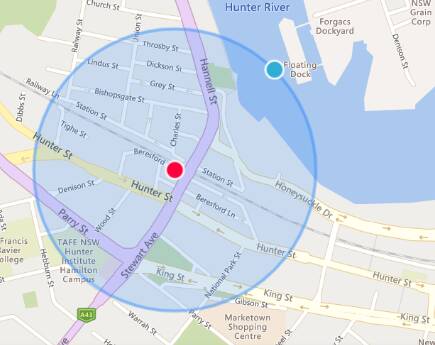
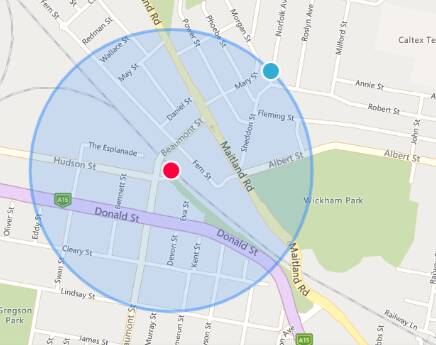
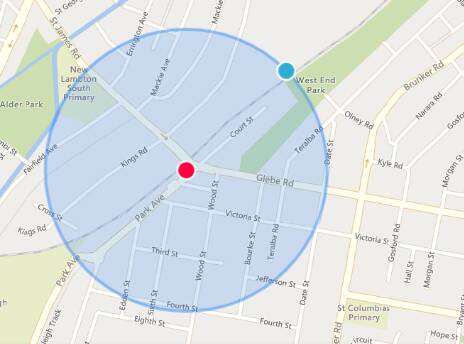
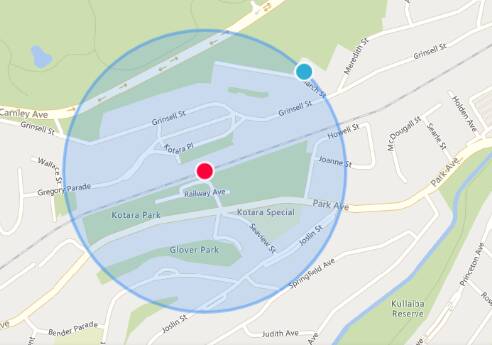
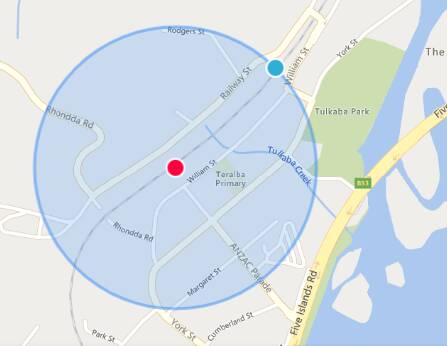
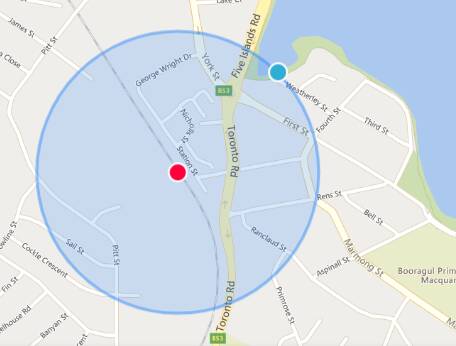
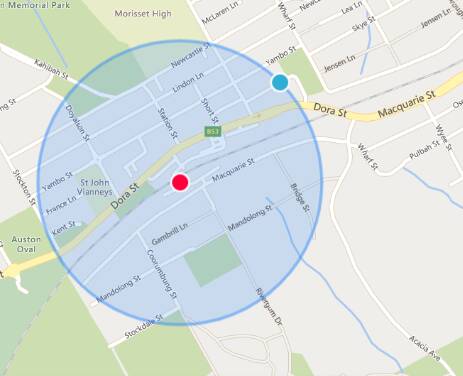
But Newcastle and Lake Macquarie councils, the Property Council and Committee for the Hunter questioned whether the plans would lead to more homes given the infrastructure, public transport, heritage and mine subsidence challenges in some of the identified zones.
The chair of Hunter Homeless Connect, Michelle Faithfull, said the region's homelessness services had "never seen anything like" the demand they had faced this year.
"Families who have never been in this position before don't know where to find that support," she said.
She said Hunter Homeless Connect would have to move its annual open day to a bigger venue next year.
"There's exponential growth in people coming along to access services," she said.
"One thing I am noticing is food security is an issue. It's up there as one of the primary reasons. People can't afford to put food on the table after all the other things.
"That's something that's appeared to us in fairly significant proportions in the last 12 to 18 months. Working families can't afford the essentials, let alone Christmas.
"Obviously housing and the rental situation has been a primary source of it."
Ms Colvin said the impending expiry of the National Housing and Homelessness Agreement in June presented a looming $73 million funding cliff for services.
"More Australians are confronting the risk of sleeping on a friend's couch, pitching a tent or living out of a station wagon," she said.
"The government must step up and provide additional income support to help low-income households manage the cost of renting and a $450 million emergency investment in homelessness services to enhance the capacity of homelessness services to respond to growing demand."














